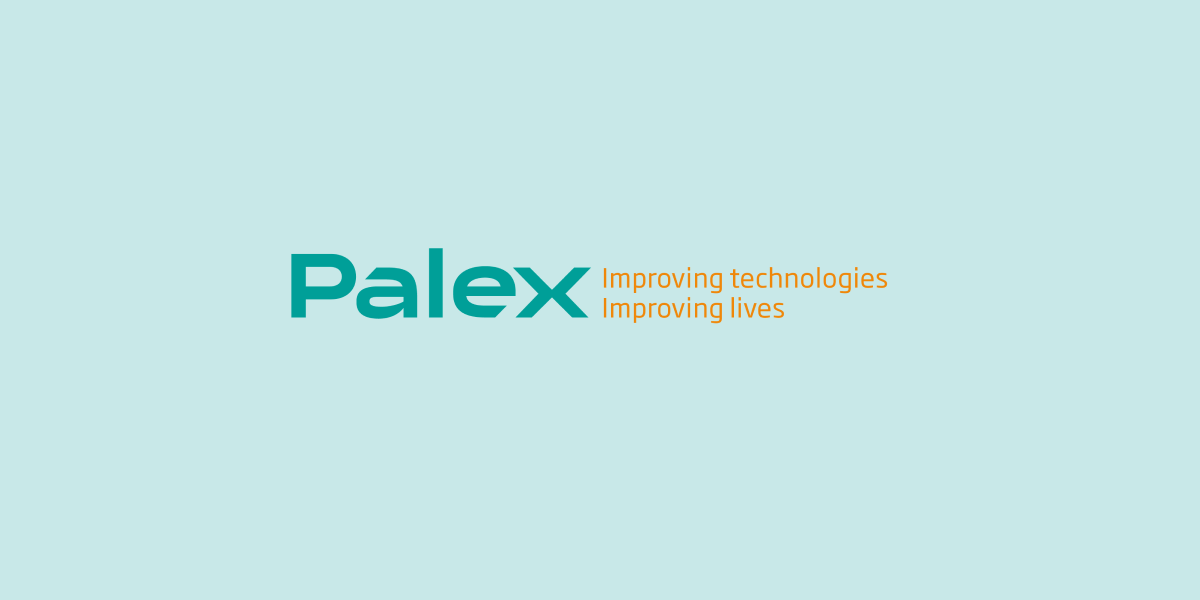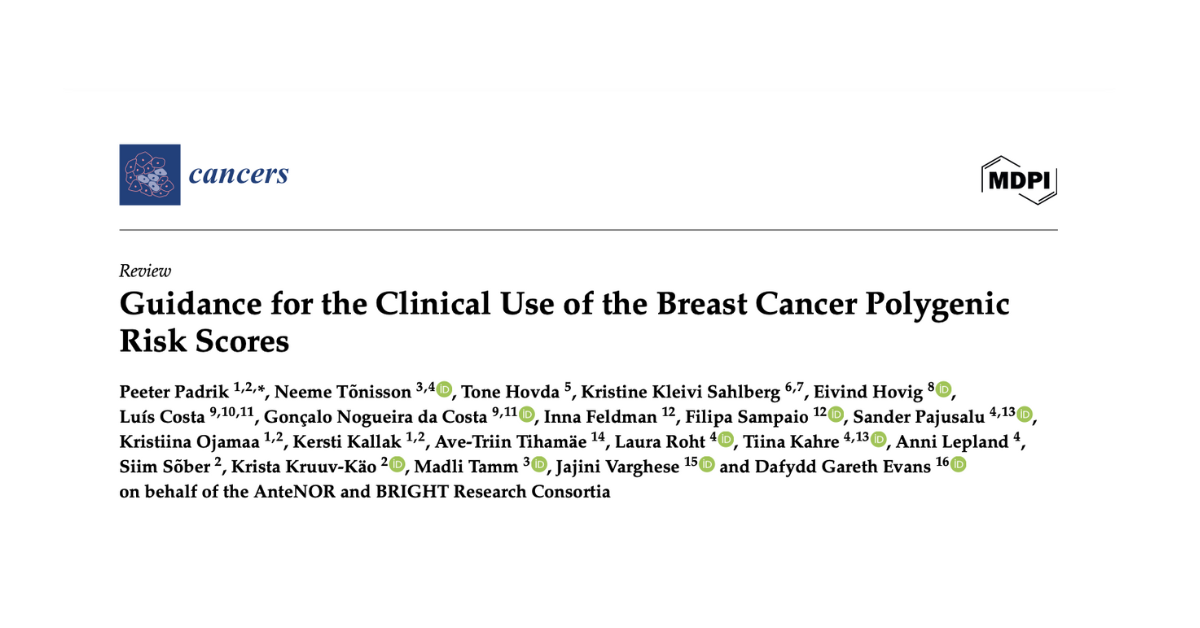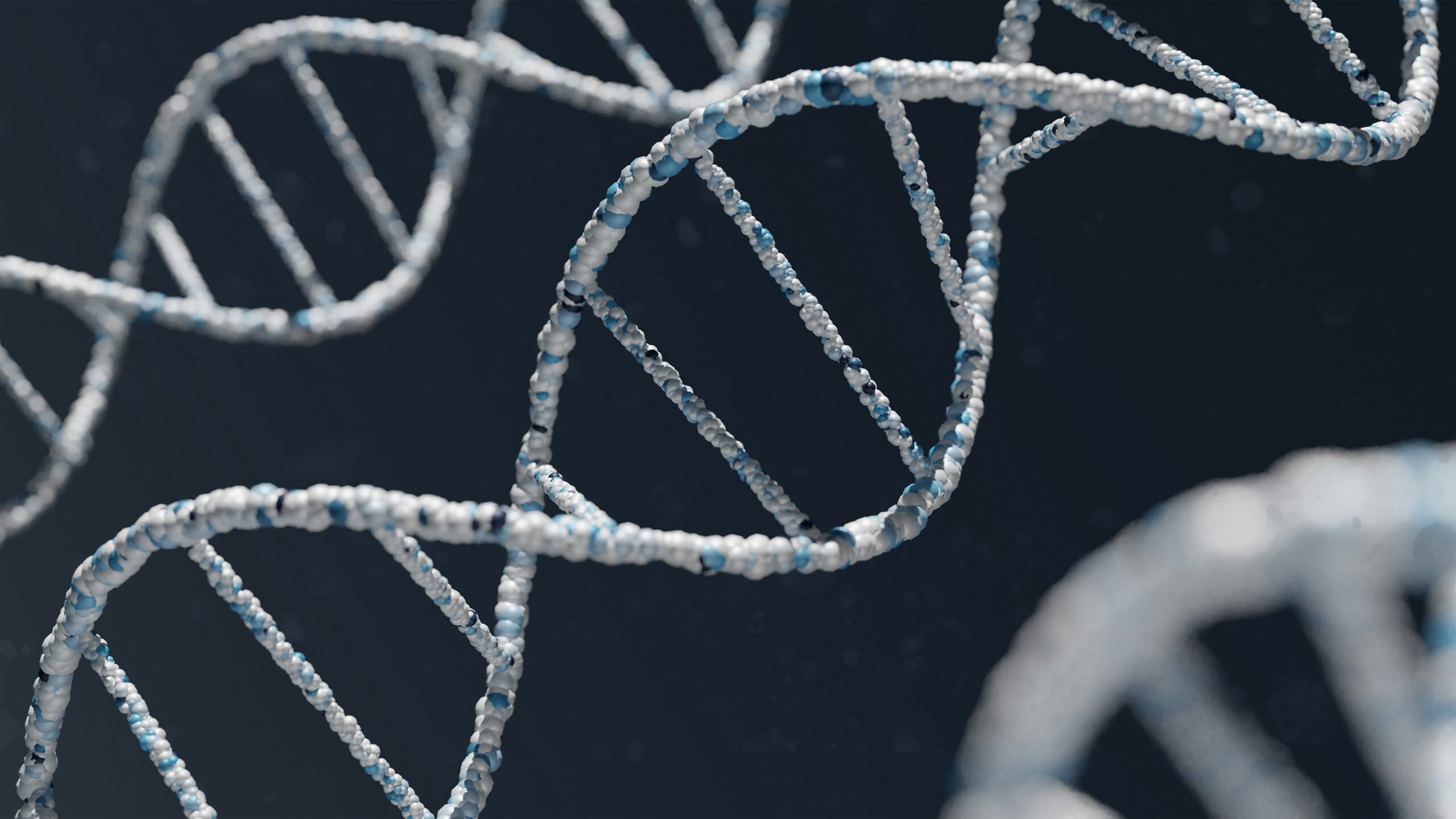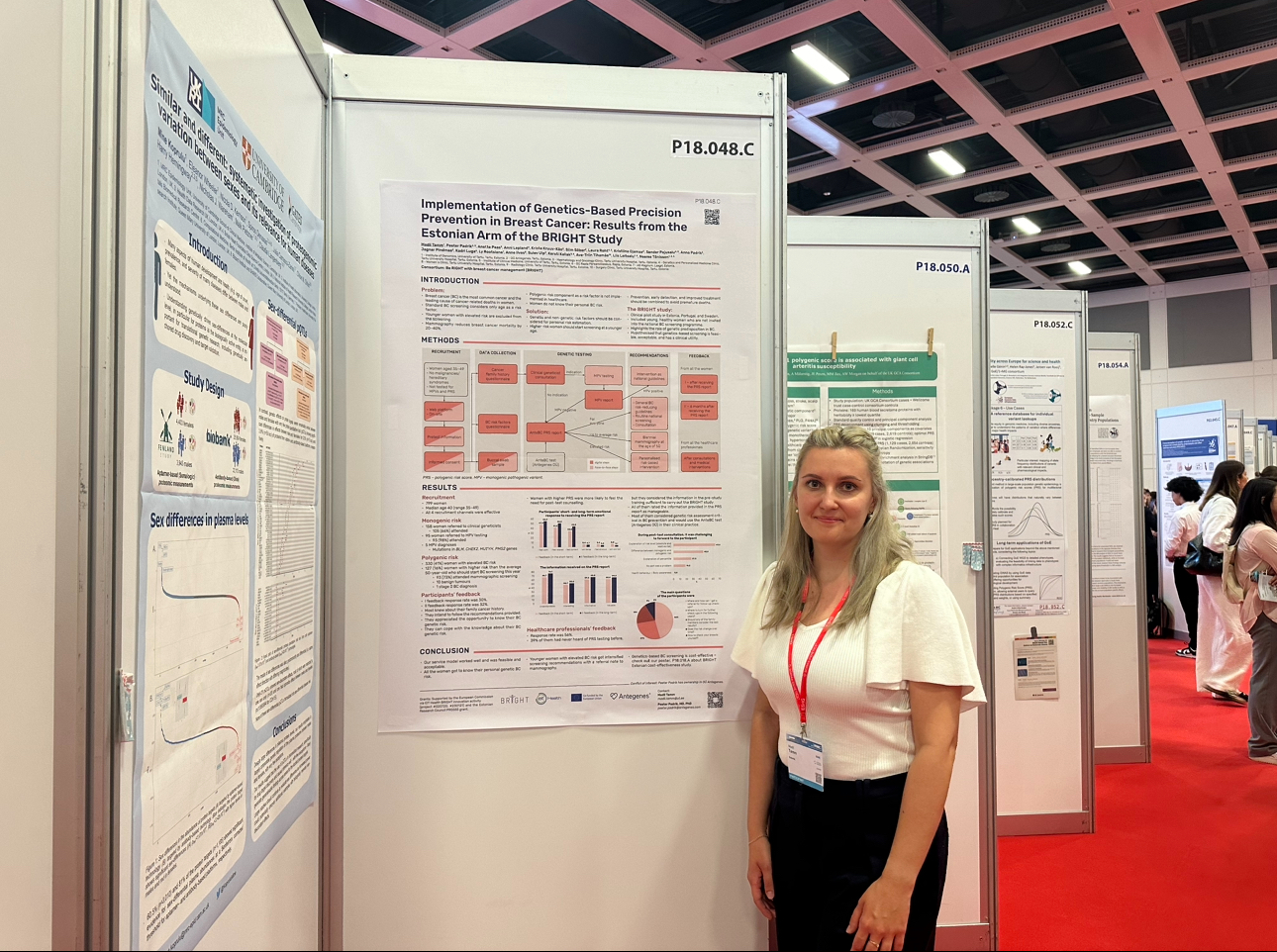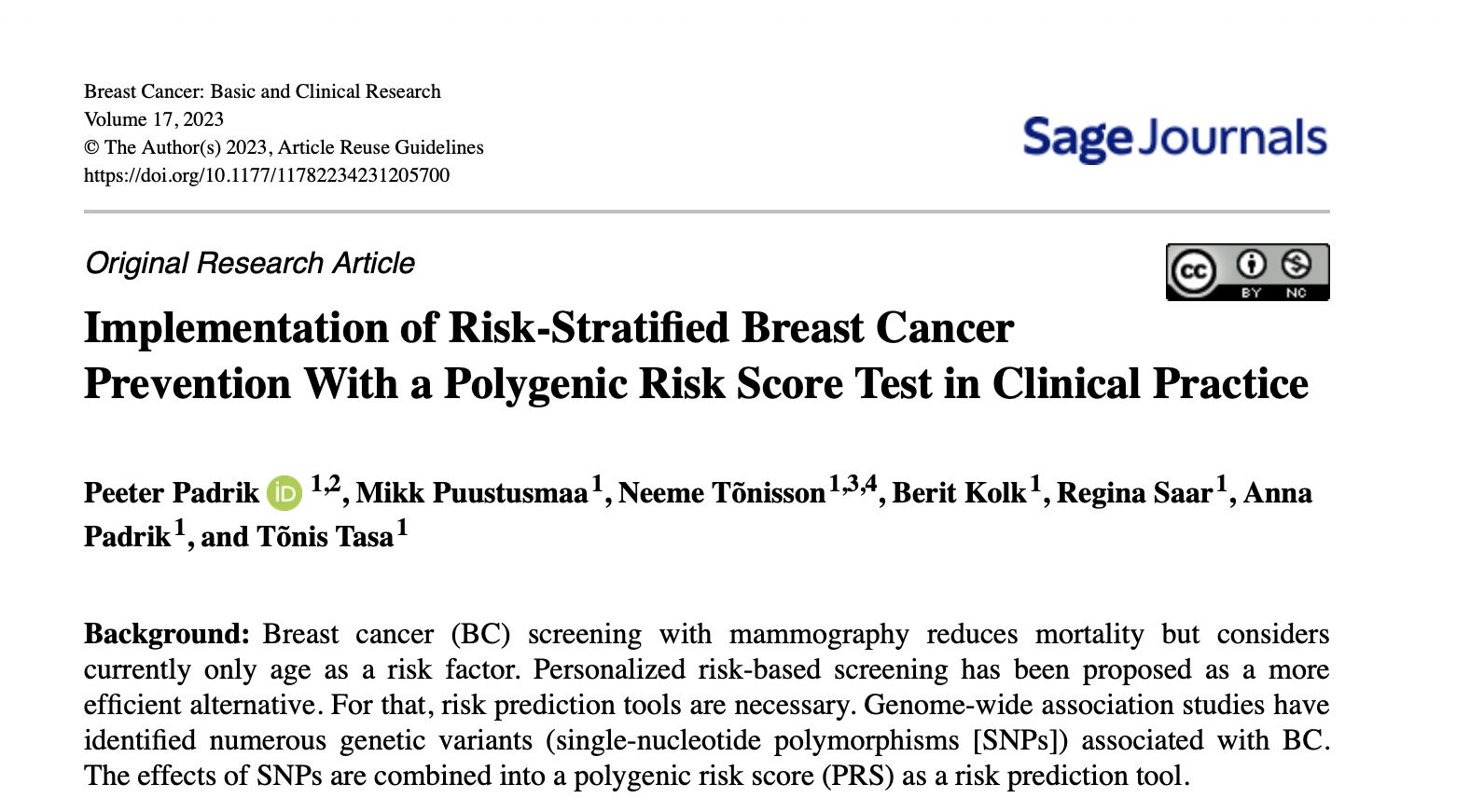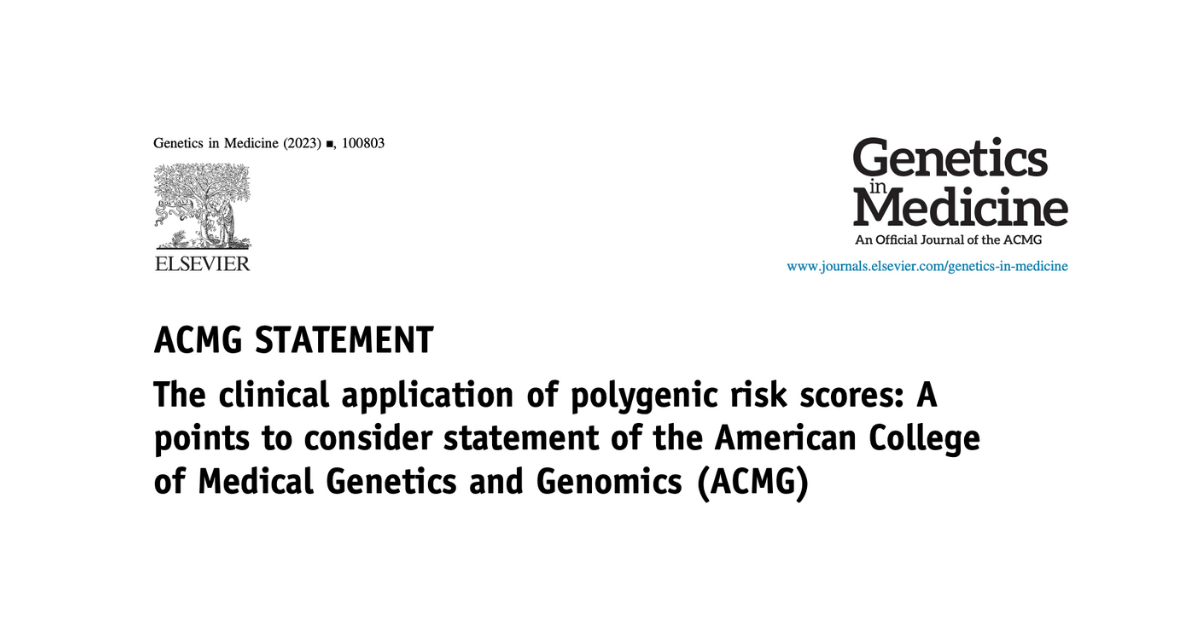Meliva (Mehiläinen Group), in collaboration with Antegenes, is offering an innovative service for personalised cancer prevention based on genetic risk assessment. This service allows patients at Meliva clinics to assess their genetic risk level for breast cancer, prostate cancer, colorectal cancer, and melanoma and take appropriate preventive measures.
To determine genetic predisposition, the service uses polygenic risk score technology, which considers the combined effect of hundreds to thousands of genetic variants. Genetic risk testing forms the foundation for a precise, personalised prevention plan, helping to reduce risks or detect cancer at an early stage, when treatment is most effective. The medical report provided with the test answers key questions, including:
✅ What is your genetic risk level;
✅ At what age and how should you start screening;
✅ What can you do to reduce your cancer risk;
✅ Which warning signs should you look out for.
A groundbreaking step in healthcare
“If a person turns to a doctor with the desire to prevent cancer, this is already possible in Estonian healthcare,” says Dr Andreas Abel, Medical Director of Meliva.
“The introduction of polygenic risk scores allows us to assess genetic predisposition to cancer more accurately than before and take cancer prevention to a new level, making it more personalised,” Dr Abel explains.
“We are pleased that, in collaboration with Antegenes, we can now identify individuals at increased genetic risk at Meliva, ensuring ongoing health monitoring for them,” Dr Abel adds. He explains that such individuals may require earlier or more frequent screenings than usual to reduce their risk or detect the disease at an early, treatable stage. “This is a groundbreaking step forward in personalised medicine and Estonian healthcare,” he believes.
Cancer is often preventable
Dr Peeter Padrik, founder of Antegenes and an oncologist with nearly 30 years of experience, believes that the best disease is the one that never develops.
“Scientific studies indicate that approximately 40% of cancers are preventable. However, some tumours cannot be avoided. In such cases, early and timely detection is crucial. Any delay in cancer treatment reduces a patient’s life expectancy. Unfortunately, in Estonia, cancer is often diagnosed too late – for example, only around 35% of colorectal cancers and 49% of breast cancers were detected at an early stage in 2018. In 2021, these figures were even lower,” Dr Padrik notes.
According to Dr Padrik, current cancer screening models are outdated, as they apply the same criteria to everyone based solely on age and gender.
“In reality, our cancer risks vary significantly, which is why prevention must be tailored to an individual’s personal risk assessment. Together with Meliva, we offer the most advanced cancer prevention approach in Estonia, which follows the principle of starting prevention much earlier, before the possible development of cancer. It takes into account an individual’s genetic risk assessment and medical recommendations to reduce these risks,” he emphasises.
This service is recommended for both men and women, regardless of whether there is a family history of cancer.



